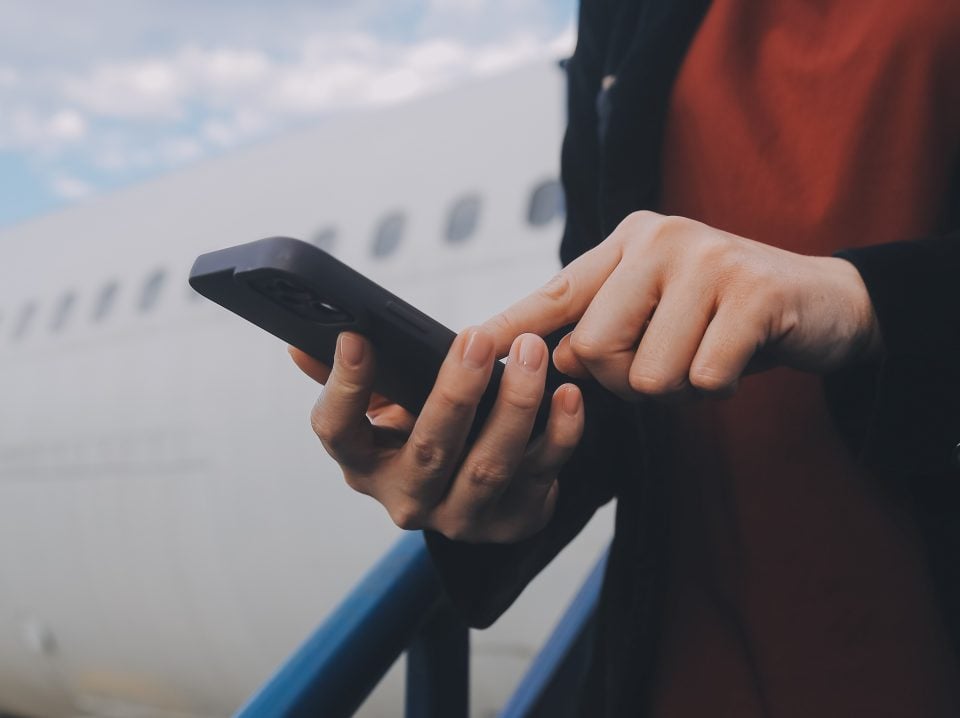In an era where digital transformation is reshaping the travel industry, blockchain technology emerges as a pivotal innovation. Its potential to address critical challenges like security, transparency, and operational efficiency positions it as a game-changer for travel companies navigating an increasingly cybercrime-prone environment.
By combining the unique capabilities of blockchain with the rise of artificial intelligence (AI), the travel industry is poised for a secure and efficient future. Here’s why:

What is blockchain in the travel industry?
At its core, blockchain is a ‘decentralised, immutable ledger’ that records transactions across multiple computers. In terms of travel, this translates to a tamper-proof system for managing data like bookings, traveller identities, and payments.
Unlike traditional systems prone to data breaches and security issues, blockchain ensures every transaction is transparent and secure. For instance, travel companies can leverage blockchain to streamline booking processes, ensuring all stakeholders, e.g. airlines, hotels, and travel agents, access a single, unalterable version of the truth. This eliminates errors, double bookings, and potential fraud.
Key benefits for travel
- Immutable records: Prevents tampering and ensures all bookings, payments, and contracts are secure.
- Faster payments: Facilitates instant cross-border payments using cryptocurrencies or tokenised assets.
- Decentralised systems: Reduces reliance on central authorities, mitigating single points of failure.
- Improved identity management: Enhances security with digital identities stored on the blockchain.
Why travel companies should embrace blockchain
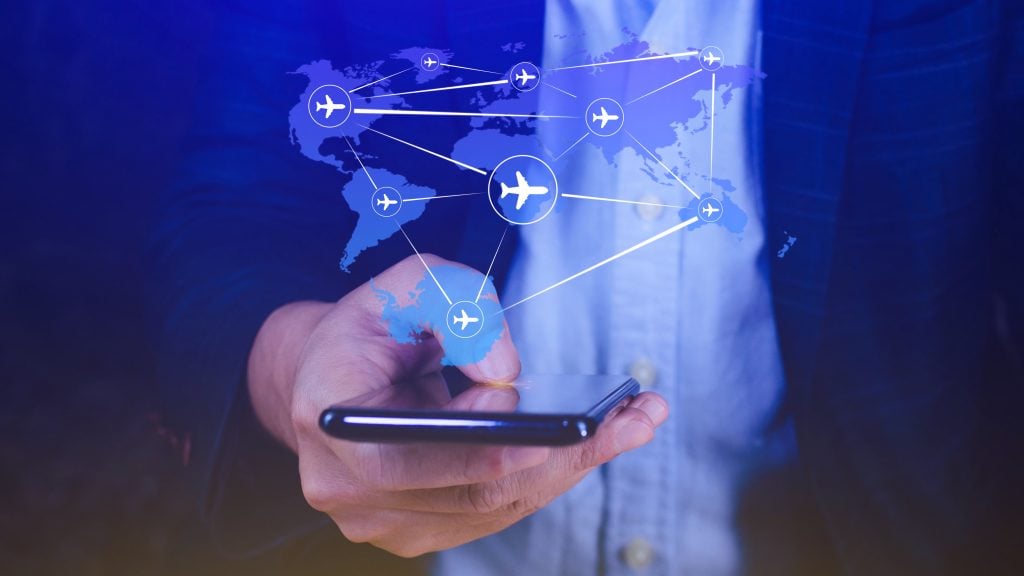
1. Enhanced security against cyber threats
The travel industry is heavily reliant on sensitive personal and financial data which makes it a prime target for cyberattacks. Blockchain addresses these vulnerabilities by encrypting data and distributing it across multiple areas, making unauthorised access nearly impossible.
Example: IATA
The International Air Transport Association (IATA) has explored blockchain for secure and seamless payment systems in the airline industry. Their project, IATA Coin, aims to eliminate inefficiencies in cross-border transactions between travel agents and airlines, ensuring secure and real-time settlements. This year, IATA added other digital currencies to its clearance service bringing the total to 74 digital currencies that they accept.
2. Streamlined operations and cost efficiency
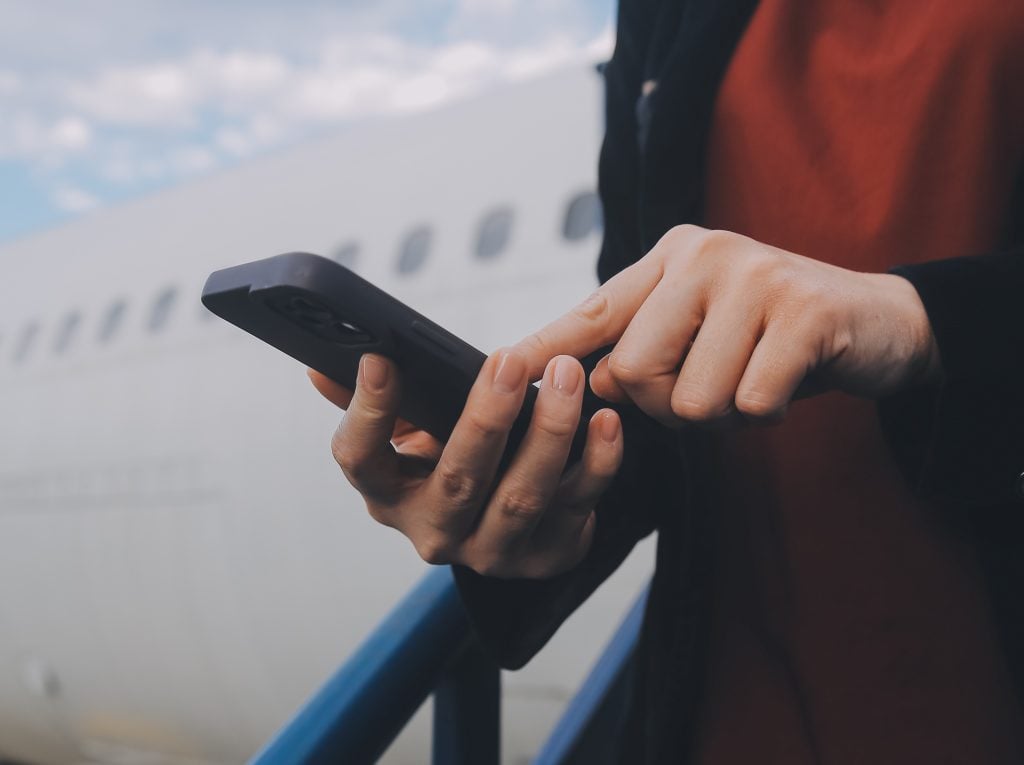
Blockchain automates and simplifies complex processes, such as baggage tracking, loyalty program management, and payment reconciliation. With smart contracts (self-executing agreements coded on the blockchain) manual interventions are reduced, saving time and money.
Example: Lufthansa
Lufthansa’s blockchain-based baggage tracking initiative tested providing travellers with real-time updates on their luggage. Using smart tags and blockchain, passengers can verify where their bags are at every stage of the journey.
3. Building trust through transparency
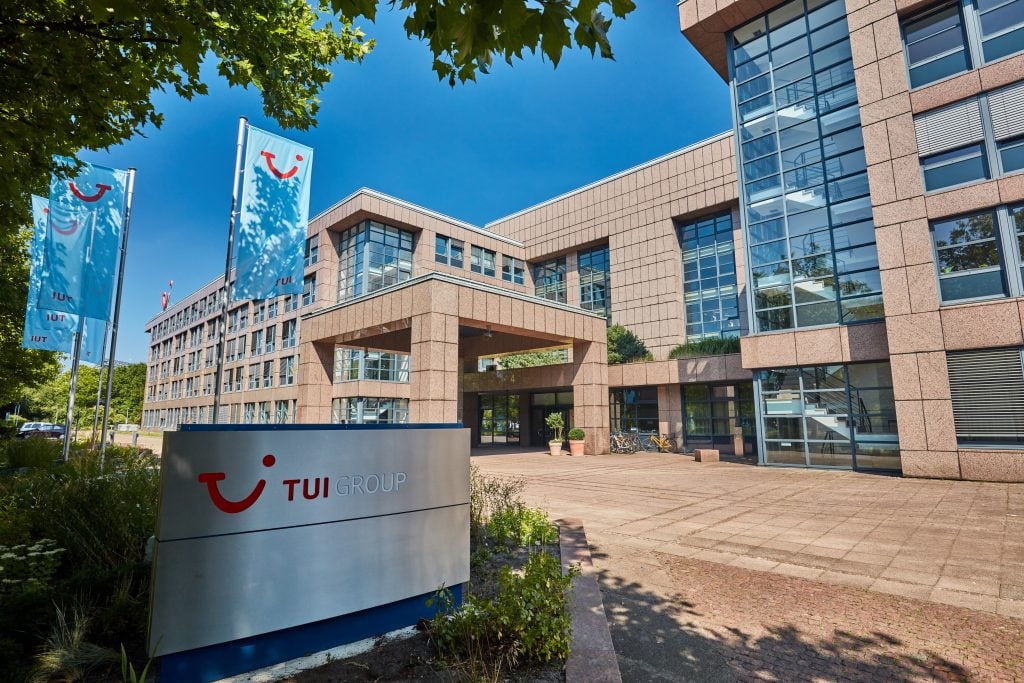
Blockchain’s transparency fosters trust among travellers and businesses alike. Whether it’s tracking the authenticity of sustainable travel services or ensuring ethical practices in the supply chain, blockchain enables accountability.
Example: TUI Group
TUI Group, one of the world’s largest travel companies, has adopted blockchain to manage its hotel inventory distribution. This ensures that customers have transparent and accurate pricing, lowering costs and administration.
“We increasingly manage our worldwide hotel capacities centrally through blockchain. That ensures a high level of transparency in all our markets, optimum management of occupancy rates and greater profitability.” – TUI Group
Real-world use cases of Blockchain in travel
Digital identity verification
SITA, a leading technology provider in the travel industry, has developed a blockchain-based digital identity system called SITA Digital Travel Credentials (DTC). It allows travellers to create a secure, verifiable digital identity that eliminates the need for physical credentials like passports at checkpoints.
Business travel planning
Solartrip, a neo-travel platform, launched in the Middle East in November this year, leveraging AI and blockchain to redefine travel planning and experiences. Catering to tech-savvy travellers, the platform integrates cryptocurrency payments, AI-driven personalisation, and gamified blockchain rewards.
By combining with inventory partners like Expedia and Booking.com, Solartrip is able to provide access to 2.5 million global accommodations and more than 800 airlines for planning a trip while accepting 300+ cryptocurrency options.
Loyalty programs
Singapore Airlines introduced a blockchain-powered loyalty program called KrisPay. Travellers can convert their frequent flyer miles into digital tokens, which can be used for real-time transactions with partnered retailers across more than 1,000 outlets. The program also gives exclusive deals and privileges for those signed up to the Kris+ app.
Carbon footprint tracking
Blockchain platforms like Cool Effect work with airlines to verify and trace carbon offset contributions, allowing eco-conscious travellers to track their impact and support sustainable travel initiatives by offsetting their carbon emissions from flying. (Use their calculator here.)
Tying blockchain to AI: A powerful duo for travel
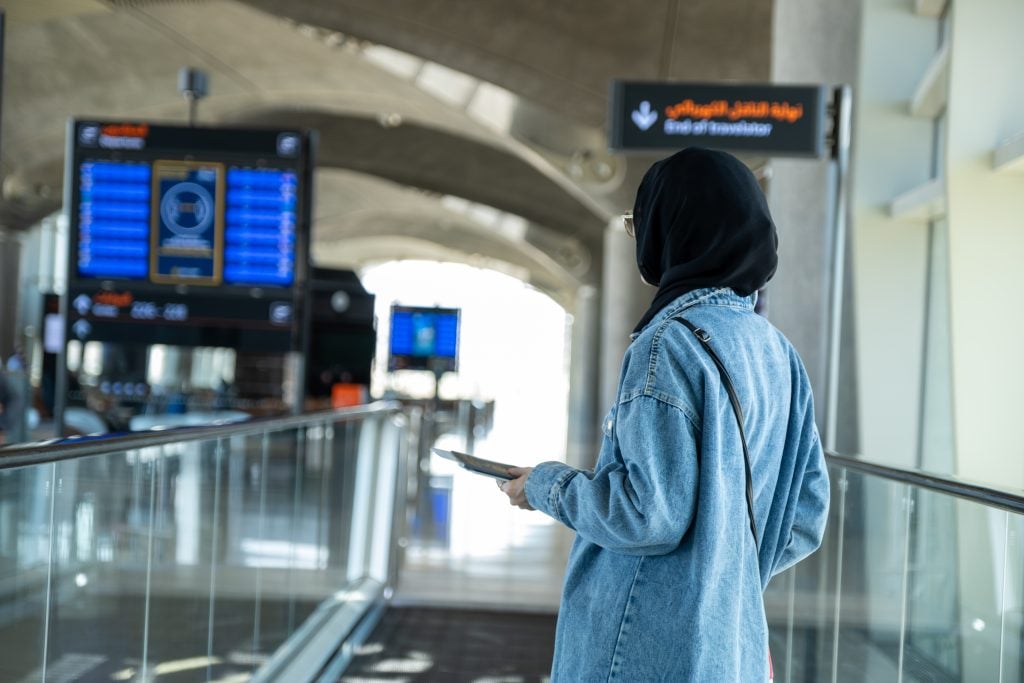
The integration of blockchain with AI brings even greater potential. AI can analyse blockchain data to provide actionable insights, personalise travel experiences, and predict trends. For example:
- AI-enhanced fraud and terrorist detection: Using AI to analyse patterns in blockchain transactions helps identify and mitigate fraud or security threats in real-time.
- Personalised travel offers: Blockchain-secured data ensures AI-driven personalisation is privacy-compliant, giving travellers bespoke recommendations without compromising their information.
- Smart travel contracts: AI can optimise smart contracts to adapt dynamically to traveller preferences or external factors, like weather disruptions.
Read more on AI in travel here:
- Boosting hotel revenue through AI in the Middle East
- AI and Aviation: Airlines of the future
- How travel operators can leverage AI for customer journey excellence
With cybercrimes on the rise and travellers demanding more transparency and trust, blockchain can be the opportunity the travel industry needs. Coupled with AI, blockchain provides a robust foundation for the travel industry’s future, especially as 60% of UAE travellers are starting to trust AI for seamless trip planning.
By embracing blockchain, travel companies can ensure their operations are resilient, transparent, and primed for the digital age, securing the trust of travellers and setting a new standard for the industry.

